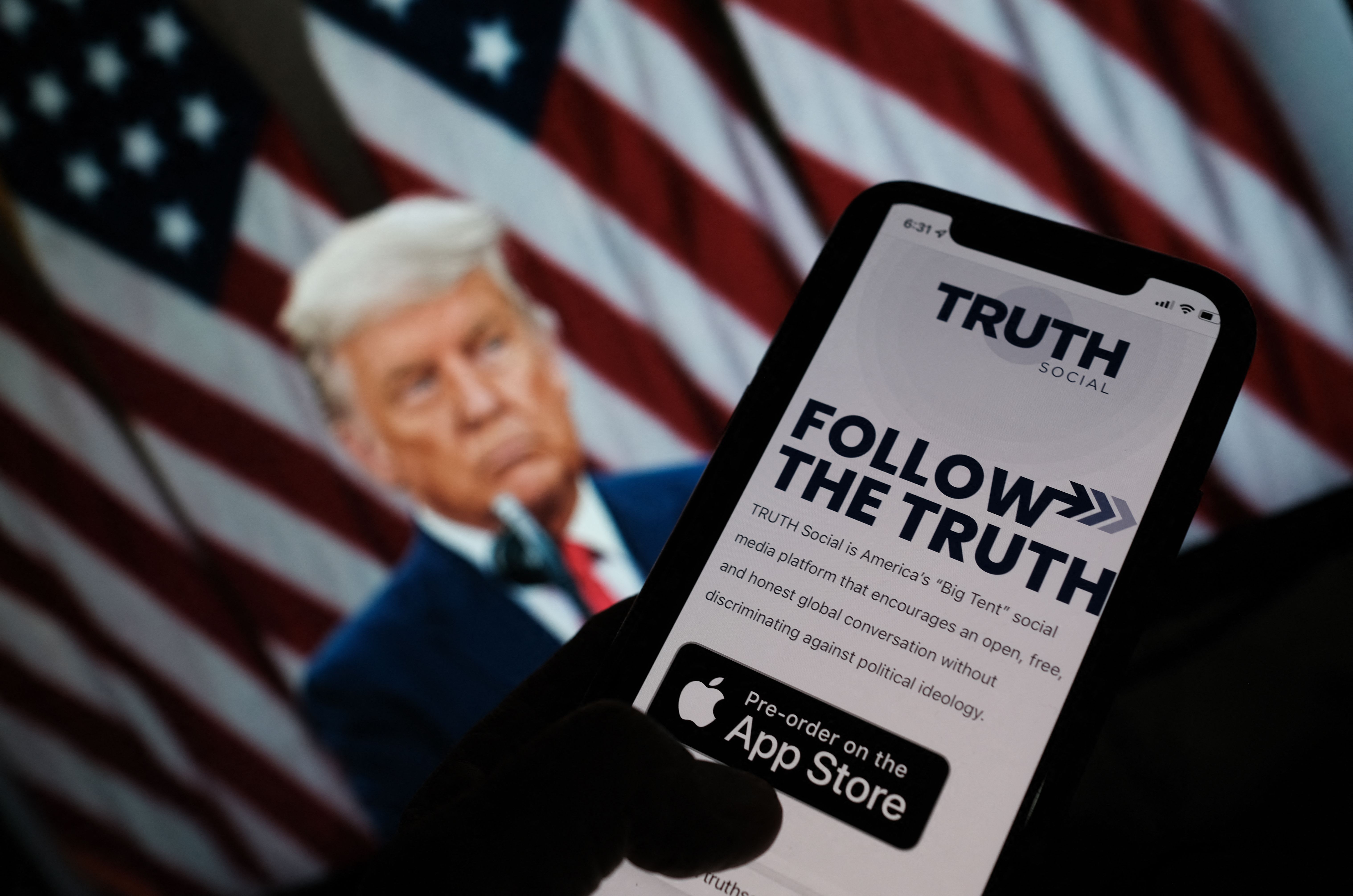
Social media can be a powerful political tool. Created during Barack Obama’s presidency, the official White House Instagram Page traditionally posts digestible updates about the current state of presidential affairs. However, since Donald Trump took office, the account has shifted drastically, displaying content that blurs the lines between political messaging and internet culture that are oftentimes insensitive.
On Valentine's Day, the account posted a hot pink graphic saying, “Roses are red, violets are blue, come here illegally, we’ll deport you.” The poorly-edited visual looks like a meme and is an oversimplifying euphemism for the deportation process and the traumas it holds. Similarly, the White House posted an Instagram reel titled “ASMR Deportation.” For those who are unfamiliar, ASMR stands for “autonomous sensory meridian response,” which essentially means the feeling of satisfaction from listening to auditory stimuli. On social media, many influencers base their content around making ASMR-inducing sounds to help people destress. The video posted by the White House features exaggerated sound effects of a gavel slamming, papers shuffling, and a voice whispering, "You're going home," as if the cruel reality of deportation were something to be fetishized and sensationalized for social media engagement. The administration is not merely using social media for transparency or outreach; it is weaponizing it to manufacture a reality where callous policies are repackaged as punchlines.
When Instagram first emerged as a tool for White House communication, Obama frequently posted accurate updates and positive imagery. On Nov. 14, 2016, the former president posted a hopeful message of inclusivity: “America, at its best, is inclusive and not exclusive… We insist of the dignity and God-given potential and worth of every child, regardless of race, or gender, or in sexual orientation, or what zip code they are born in.” Sharply contrasting the overwhelmingly negative messages shared by President Trump, Obama’s content shows how government-run social media content can be positive.
Before Instagram there was television and before Donald Trump there was Ronald Reagan. Unlike Trump’s administration, which uses social media spectacle and meme culture to push its messaging, past presidents relied on more traditional—and often more sophisticated—forms of propaganda. Reagan’s famous "Morning in America" ad painted a picture of national renewal and prosperity, using soft visuals and sentimental narration to lead Americans into favoring his economic policies. The shift from Reagan’s polished, theatrical propaganda to Trump’s crass, meme-fueled posts reflects the changing nature of media itself. Reagan’s media was meant to persuade. Trump’s media is meant to entertain. But in the government’s new pursuit of punchlines, it can alienate and continue to polarize an already divided America.